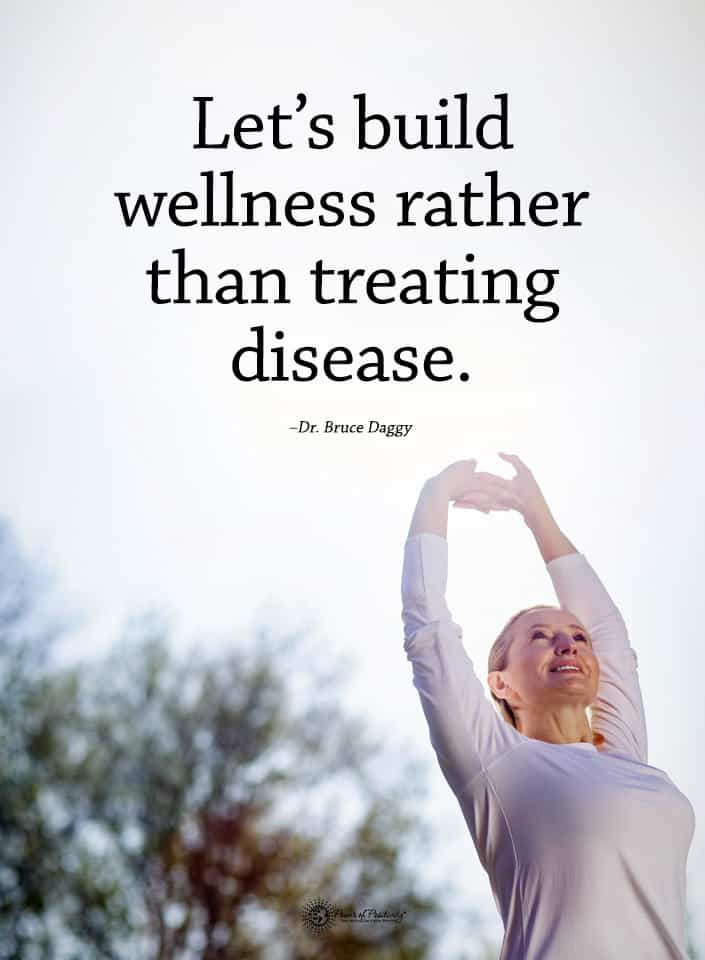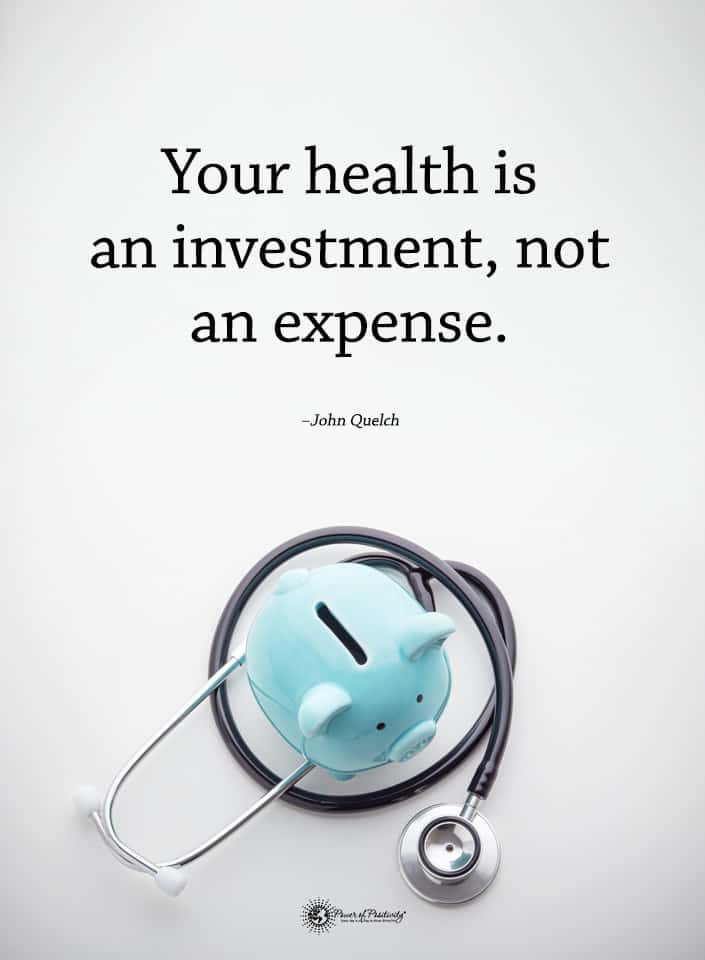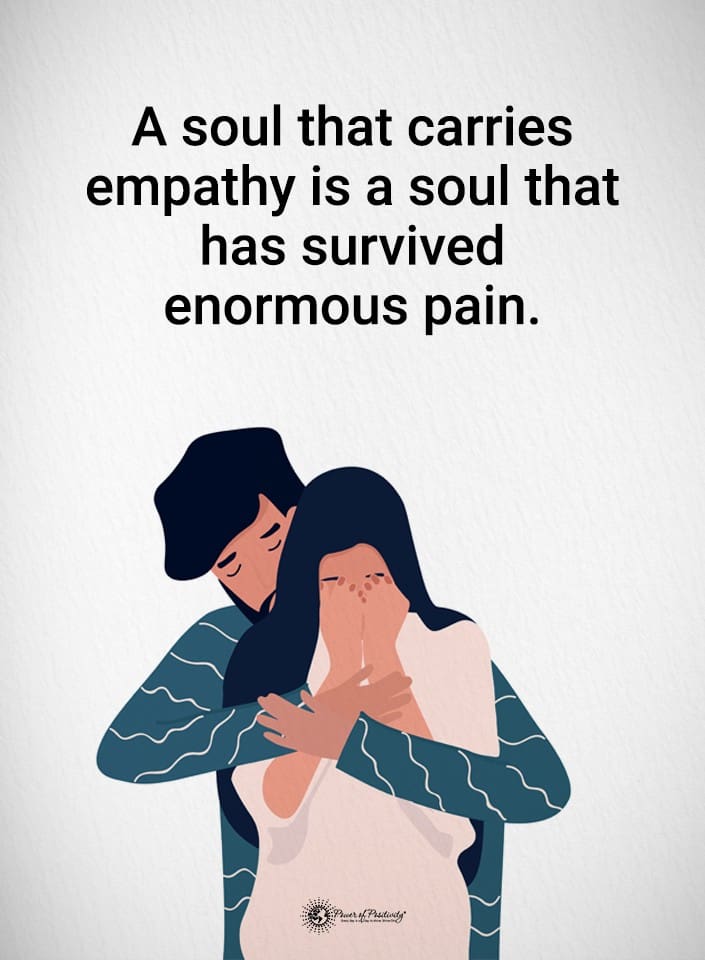Everyone wants to be able to support a friend in need. When you see a friend going through a relationship crisis, you may feel it is more than you can handle. Most people don’t know what to do, or what boundaries they shouldn’t cross, when offering support. Should you give them advice? Should you listen to them talk about their problems?
If you have no idea how to help, don’t worry. There are plenty of ways to support a friend who is having a relationship crisis. If your friend is struggling in their relationship, here are the best ways to show them support in a positive and uplifting way.
“Each person holds so much power within themselves that needs to be let out. Sometimes they just need a little nudge, a little direction, a little support, a little coaching, and the greatest things can happen.” – Pete Carroll
Here Are 5 Ways to Positively Support a Friend in Relationship Crisis
1. Accept that, ultimately, the choice is theirs to make
Let’s say you feel that your friend should leave their partner, and that everyone would be happier and better off. Don’t try to force that choice on them, no matter how strongly you feel about it. People make all kinds of decisions, and we can’t force their hand either way.
One of the best ways to support your friend when they’re going through a relationship crisis is to accept that the choice is theirs to make – whatever that choice may be. Of course, you don’t necessarily have to think it’s the right decision. The point is to support your friend, not try to control them.
2. Offer to be a listening ear to your friend’s problems
Meg Selig, an M.A. in counseling, considers that one of the best ways to be there for a friend is by listening to them. Their relationship crisis shouldn’t be a spectacle or entertainment. Having good listening skills means listening to what your friend has to say, and only what they want to share.
A friend in a relationship crisis may want to say very little, or they may want to go over every minute detail. Whatever your friend needs to say, be there. Listen. Focus less on trying to give advice, and more on providing a safe space so they can talk as much, or as little, as they need.
3. Show empathy with what they’re going through
When your friend is having a relationship crisis, empathy is one of the greatest ways you can support a friend in a positive way. Meg Selig suggests empathy as a strategy to support someone, without offering any advice that they might not need right now. Using empathy in this situation shows your friend that you understand how they’re feeling and that their emotions are valid. When you show empathy, they’re bound to feel supported and less alone.
4. Ask how you can help them
Rushing in to help your friend who is having a relationship crisis might feel like the most logical course of action. First, however, you want to make sure that what you’re doing is actually helpful to them. After all, you wouldn’t want to do something that would make them feel worse or make their lives harder.
In order to positively support a friend who is having relationship troubles, you want to ask them what you can do. Not only will this show that you’re there for them and willing to help, but it will give them a chance to exercise some agency and autonomy over the situation.
5. Be there to help them make a plan of what to do next
When relationships start to falter, there’s pretty much only two ways they can go. Either your friend can plan to address all the issues, or they can plan to leave. Depending on what your friend chooses, the best way to support them is to help them make a plan on what to do next.
For example, if they want to try and work through the problems in their relationship, you can help them find a counselor or a therapist to work with them. If they want to end the relationship, you can offer resources or anything else they need. Don’t try to force them in one direction or the other; just be there to help them design a plan of action, whatever it is they choose.
Final thoughts
Relationship problems can be extremely rocky. During a relationship crisis, most people are at their most vulnerable. You want to be there for them without causing them any undue stress. If you truly consider these ways to support a friend facing a relational crisis, you will surely be a positive force when they need you the most.












